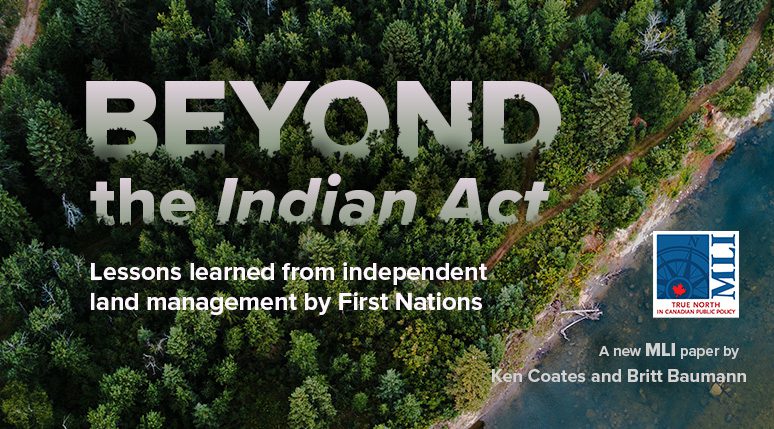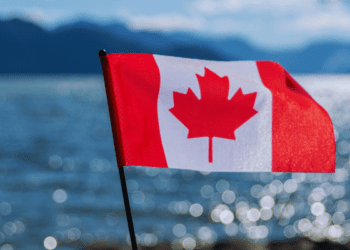By Ken Coates and Britt Baumann
April 28, 2023
Executive Summary
The Indian Act has asserted control over the lives of First Nations peoples since 1876. The Act codified the management of reserve lands, and it is the primary legislation that defines First Nations rights within Canada, such as treaty rights and legislative privileges. Yet the Act is seriously flawed.
Originally designed to facilitate assimilation, those living under it have been subjected to gender discrimination, racial segregation, the suppression of cultural activities, and mandatory attendance at Canada’s Indian residential or day schools. Under the Indian Act, First Nations need permission from the minister of Crown-Indigenous Relations even for such routine processes as the allotment of reserve land to a band member or the transfer of land between band members. Additionally, ministerial approval is also required for transactions involving non-band members regarding the lease of reserve land for residential or commercial use, or the simple issuance of a permit for a power or water line.
For several decades, it was the intention of both First Nations and the federal government to improve upon the Indian Act and to facilitate sectoral self-governance. The organized efforts to increase First Nation control over their own land started in 1991 when a group of 13 First Nations from across Canada developed a proposal that would allow First Nations to withdraw from those provisions of the Indian Act that concern land management. The intent was to replace the Act’s land centralized and cumbersome land management regime with a so-called “land code” of the First Nations’ making.
The negotiations came to fruition in 1999 when the government of Canada passed the First Nations Land Management Act (FNLMA), which enabled several dozen First Nations to independently establish and administer land codes that conform to First Nation values, traditions, and community goals. Often described as a steppingstone for First Nations seeking to reclaim their autonomy, some observers consider the FNLMA to have been an important and effective pathway for exiting the Indian Act.
The full economic impact of the FNLMA is yet to be determined. The rise of third-party partnerships has become increasingly important to First Nations, and the ease of operations under a FNLM regime has led to an increase in the number of businesses owned or partially owned by external partners. As one example of the decrease in bureaucracy under the FNLMA, under the Indian Act it took an average of 584 days to complete an approval for a permit or lease; under the FNLM regime the average approval time has dropped to only 17 days.
That said, enthusiasm for the FNLMA has not been universal, and there was extensive criticism of the legislation. For some critics, the FNLMA was a highway to reserve marketization, which would open reserve lands to market forces. To the strongest opponents, such a measure represents a renewed form of colonialism where third-party business is given the opportunity to gain an economic interest from First Nation lands. While many First Nations benefited from their decision to make use of the FNLMA, these benefits were limited and unequally shared among the participating First Nations. Furthermore, participation in the FNLMA regime has not been universally accessible or desirable and hence the FNLMA was deemed to be inadequate. Ultimately, in December 2022 the FNMLA was repealed in favour of the more streamlined and less regimented Framework Agreement on First Nation Land Management Act (FAFNLMA).
As a nation, Canada has struggled with the reality that First Nations people tend to understand the concept of private property rights differently than do the proponents of private property and market liberalism. First Nations obviously value and wish to preserve their constitutionally enshrined rights to the land. To be successful, any amendment or other legislation pertaining to the Indian Act must proclaim First Nation treaty rights as inalienable. Recognition of Indigenous title to land is the linchpin that maintains the relationship between Canada and the First Nations.
Policy proposals that do not respect Indigenous rights will not be supported by First Nations people and ignoring the importance of Indigenous rights will lead to disruption in the relationship between First Nations peoples and Canada.







